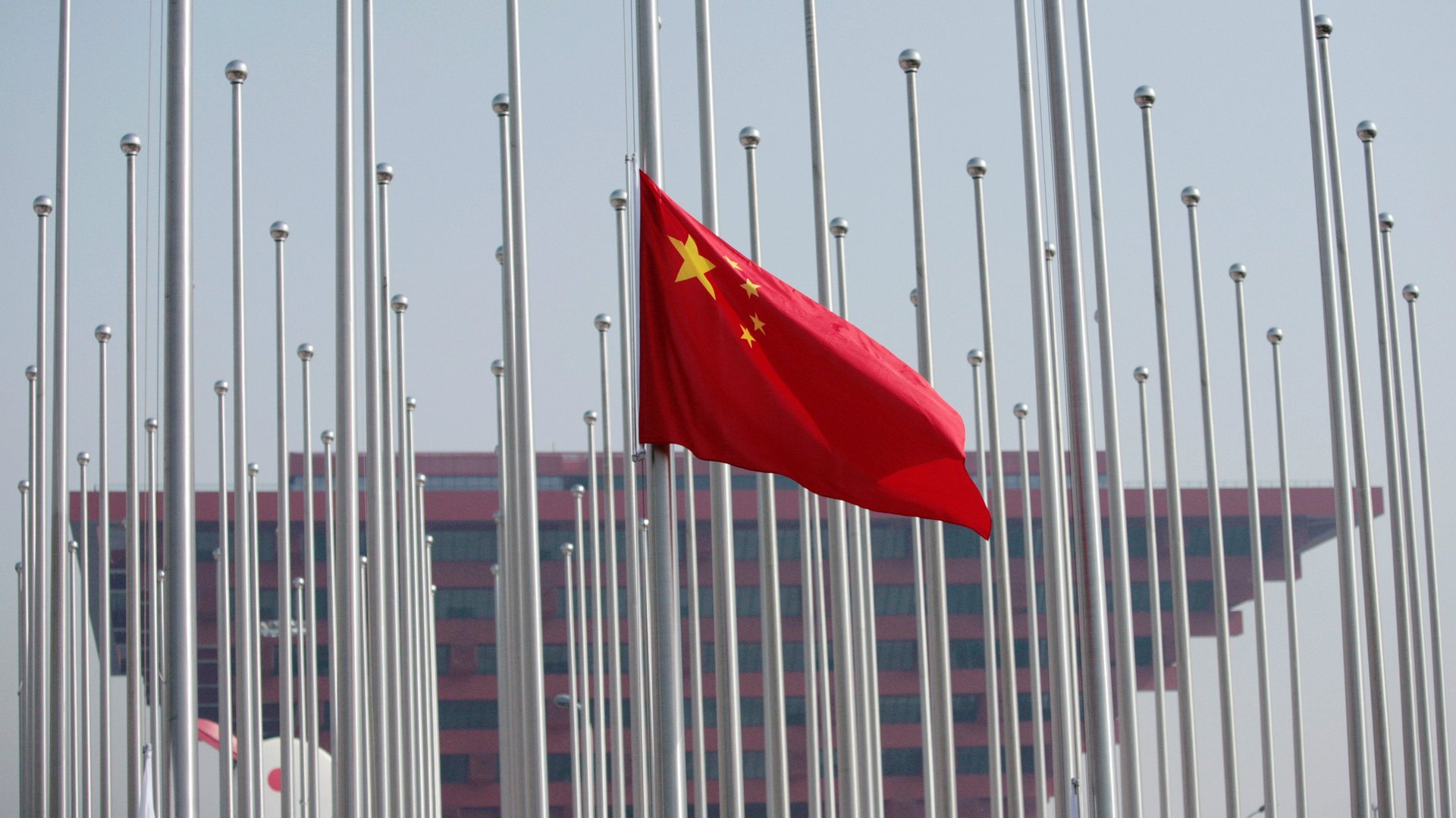For Wall Street banks in China, is this time different?
Wall Street has been trying to get a piece of China’s financial market for decades, with false starts going back as far as 1995. Fraser Howie, who was involved in one of the earliest ventures, thinks this time could be different.


Wall Street has been trying to get a piece of China’s financial market for decades, with false starts going back as far as 1995. Fraser Howie, who was involved in one of the earliest ventures, thinks this time could be different.
The latest attempt to crack the market comes from JPMorgan, which said this month that it got clearance from officials to run a majority-owned securities company in China. Last year Swiss banking giant UBS was approved to own a majority stake in a Chinese securities business, while Nomura, a Japanese brokerage, got the go-ahead in November. Until recently, foreigners could only be minority shareholders in these types of firms.
There’s reason to be cautious, as Wall Street has been over-confident in the past about its prospects in China. “They would say, ‘China will be open in three to five years,’” Howie, co-author of Red Capitalism: The Fragile Financial Foundation of China’s Extraordinary Rise, said in a phone interview. “The Chinese didn’t say that. That’s an investment banker just assuming somehow it’s all going to work out.”
Even as the country’s stock market took shape and economic reform accelerated in the 1990s, the Communist Party kept a tight grip on banking and securities trading, and an even tighter hold on payments and credit networks. Chinese financial markets boomed, but they remained mostly out of reach of foreign firms, despite regular lobbying from the EU and US.
“It has taken a very long time to get from joint venture status to actually seeing something, I would argue, as non-controversial as a stock broker that could be owned by a foreigner,” Howie said.
An example of western frustration in the country is China International Capital Corporation (CICC), a joint venture between Morgan Stanley and China Construction Bank. It was the first international investment banking firm in the country, and Howie, previously a trader with Morgan Stanley in Hong Kong, moved to China in 1998 to work for it.
Even though the New York-based bank was only allowed to take a minority share in the enterprise, Morgan Stanley CEO John Mack flew to Beijing to mark the occasion. A decade later, the Wall Street firm’s influence had dissipated: It had no management role or even any employees at the institution. By 2002, CICC was run by Levin Zhu, the son of former prime minister Zhu Rongji, and Morgan Stanley eventually sold its stake. One view is that the partnership soured after the Chinese side learned what they needed about running big public offerings.
It’s a little surprising to be optimistic about Wall Street’s chances in China as a trade war drags on and the relationship between Washington and Beijing looks frosty at best. But Howie argues that China’s equity and bond markets are already largely open to bigger foreign firms. Its domestic financial companies are able to compete with plane-loads of foreign bankers, and authorities may feel more capable of monitoring and controlling overseas capital flows.
What brand names like JPMorgan, UBS, and Nomura could bring to China is the ability to attract foreign capital. As China’s economy slows, its government is eyeing ways to kickstart growth. By allowing the likes of UBS and JPMorgan in, big asset managers in the US and Europe can invest in China through top-tier brokers they’re used to dealing with, instead of an unfamiliar domestic Chinese brokerage that may require additional due diligence.
And foreign competition could spur China’s domestic brokerages to become more robust. The country’s technology companies are highly innovative, and payment platforms like WeChat Pay and Alipay (Quartz member exclusive) are sometimes regarded as the future of finance. China is seen as much less advanced when it comes to institutional finance.
Operating in China will still be far from simple for firms like JPMorgan, Howie says. In the past, Chinese officials have slow-walked licenses or required additional approvals to open a new branch. The Communist Party chooses winners and losers when it sees fit, and its whims are hard to predict from the outside. “There is much more awareness of what can be a torturous pace of development in China,” Howie said. “The key is gauging the size the investment which is going to worthwhile to achieve something, but not being too bullish or over-the-top given those uncharitable but true realities of China.”
Because of those concerns, overseas executives may not be able to invest as much in the country as they would like, but it’s better than nothing at all. Having a role in the world’s most populous country, replete with a flourishing stock market, is too much of an opportunity to pass up.
In the meantime, Chinese president Xi Jinping can say this financial liberalization is an example of trade reform. His predecessor, Hu Jintao, made a similar overture before his visit to the United States in 2011. That time, JPMorgan and Morgan Stanley were approved for joint ventures. The announcement was, even then, seen as a long-sought step toward Wall Street firms being able to operate securities businesses in China.
“This is not necessarily that huge an ask,” Howie said. ”It’s a relatively easy win for China and it doesn’t really cause them any great hardship.”